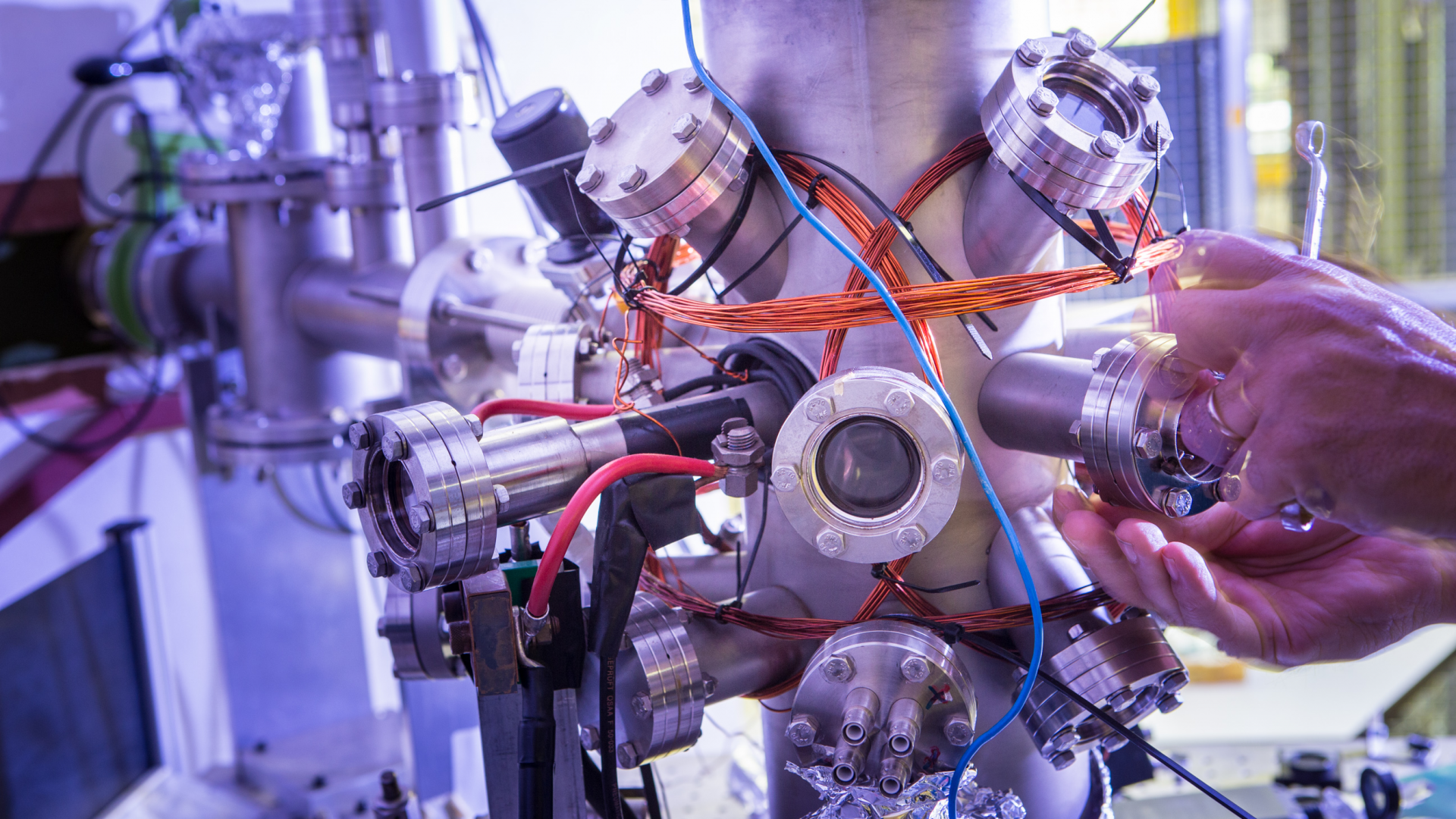Brian de Keijzer

CV / Biography
Brian de Keijzer is a computational quantum physicist pursuing a PhD project towards obtaining a full quantum mechanical understanding of optical deactivation of high-harmonic generation in multipulse sequences to enable label-free super-resolution nanoscopy with sub-femtosecond time resolution for semiconductor metrology. His research involves quantum mechanical modelling of light-matter interaction in collaboration with experimentalists at ARCNL and theoreticians at the Instituto de Ciencia de Materiales de Madrid (ICMM).
He earned his bachelor’s degree in Applied Physics (HBO) from The Hague University of Applied Sciences (Delft, 2021). Early in the bachelor’s he implemented generative adversarial networks to model exoplanet formation conditions based on absorption spectroscopy data at SRON Netherlands institute for Space Research (Feb. 2019). He finished his bachelor’s degree (Jul. 2021) by developing a high-performance computing framework for simulating high-harmonic generation in solids at ARCNL, later (Sept. 2022) used to macroscopically model far-field responses of high-order wave mixing in silica. His thesis work secured him direct admission to the joint master’s program in Physics and Astronomy at the University of Amsterdam and Vrije Universiteit (Sept. 2021), an achievement not seen before for a HBO bachelor student as per the program director.
Concurrently with starting his part-time master’s studies (Sept. 2021), Brian became a lecturer in Applied Physics at Amsterdam University of Applied Sciences (Nov. 2021). In this role, he significantly contributed to both the implementation and development of experimental aspects in all levels of the curriculum. Obtaining his teaching certificate (BDB) for universities of applied sciences in parallel. Meanwhile his master’s project focused on the theory of all-optical control of high-harmonic generation; yielding various scientific contributions before completion of the master’s thesis (Jun. 2024).








